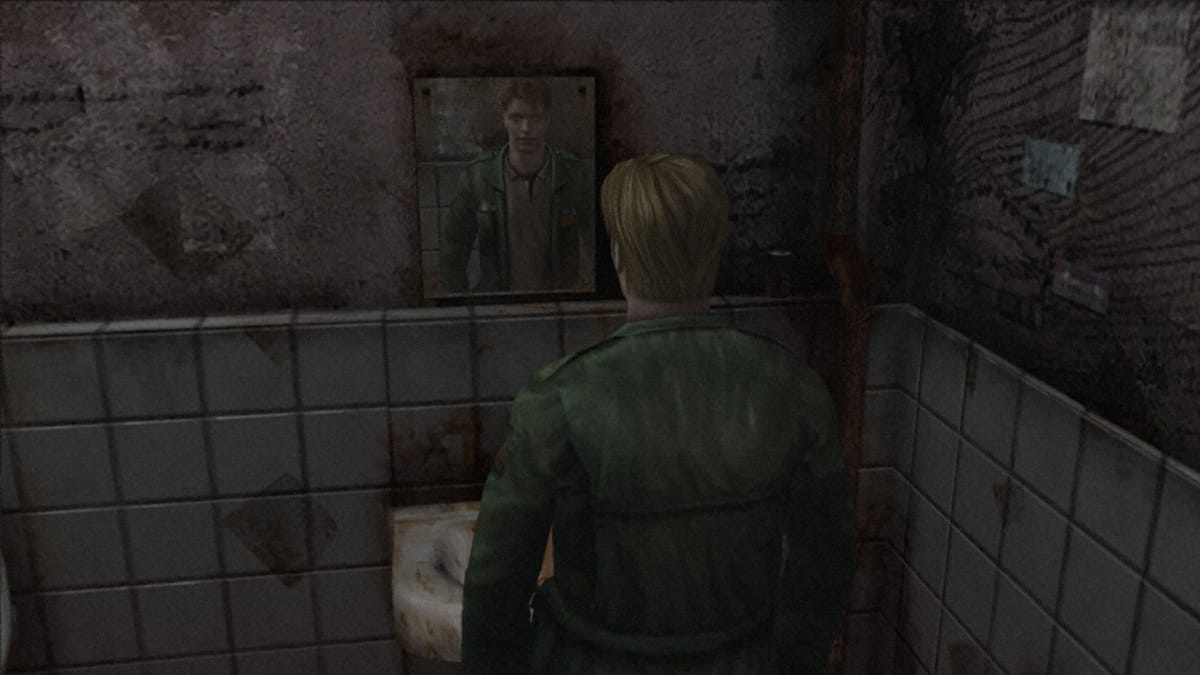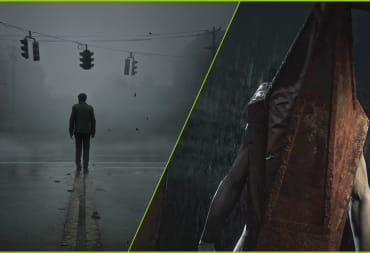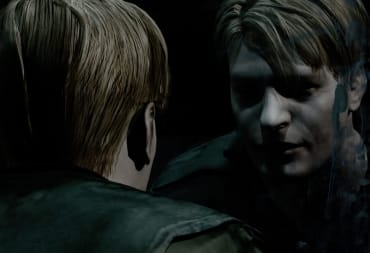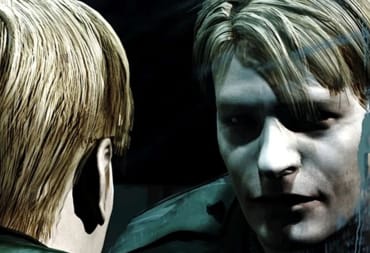More than 20 years after the release of the first game, Silent Hill has captured our thoughts of what a psychological horror game looks and feels like. The tension, uneasiness, gloominess, loneliness, and anxiety the player experiences while they visit the eponymous American town is a feeling very few games could capture. The games had us confused between reality and fiction with themes of delusion, depression, despair, isolation, loneliness, and redemption prevalent throughout. These themes were all portrayed almost perfectly through the iconic music present in the games, which its contemporaries, mainly Resident Evil and Fatal Frame, couldn’t capture properly.
The soundtrack had a pivotal role in singling out the series from these other games and helped it gain legendary status among the gaming community, mainly with its focus on portraying human emotions and feeling via the musical instruments. The emotional and psychological depth in the Silent Hill games really comes to fruition with the use of its masterfully created soundtrack. This helps the songs in becoming much more memorable and in turn, makes the game even more. As such, the Silent Hill soundtrack deserves much more credit for the success of the series.
This piece contains spoilers for the Silent Hill series.
The Fresh Industrial Sound of the Silent Hill Soundtrack
The majority of the Silent Hill soundtrack has been composed by Japanese composer Akira Yamaoka, who was also a sound designer for the series. Yamaoka joined Konami in 1993, originally as a composer for various games published by Konami including Contra: Hard Corps, Sparkster, and Kensei: Sacred Fist. He worked together with other composers on these game soundtracks, but his moment to truly shine came shortly. With the release of Silent Hill in 1999, Yamaoka created an unnerving musical journey into the haunted town of Silent Hill which still sounds fresh.
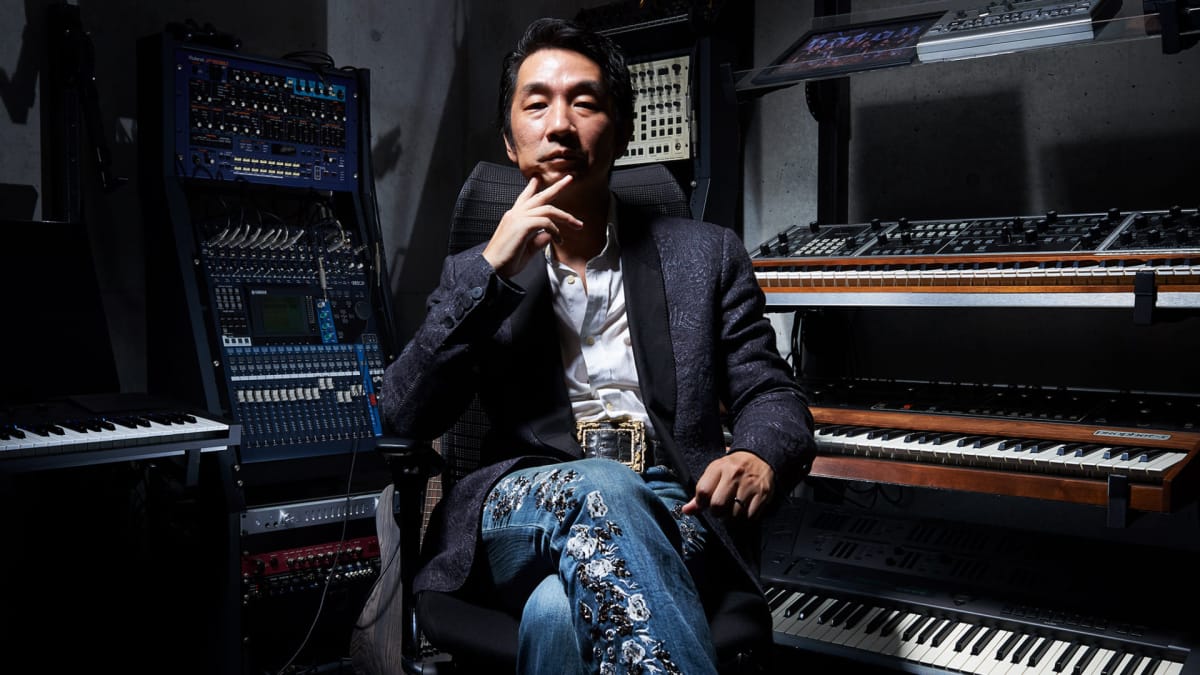
The music of Silent Hill is deeply rooted in industrial music, which gained mainstream popularity during the 1990s. Yamaoka has cited acts like Nine Inch Nails as his influence in playing and performing. Regarding his choice of industrial music, Yamaoka in an interview with Spelmusik.net explained: ‘"The biggest reason was that I wanted to make a differentiation from other video games. With that in mind, I chose the industrial sound. I felt that the industrial sound had so much of the essence needed, which I would not find in 'typical' music. Also, I thought that the cold and rusty feeling made only possible by industrial music was very fitting to the theme of Silent Hill.’"
Throughout Silent Hill, there exists a harshness and aggressiveness within the guitars, keyboards, and synthesizers which are beautifully juxtaposed with classical instruments like the violin and piano. For example, the Silent Hill theme heavily incorporates mandolins throughout. The guitars take a step back and are featured in the background while only making a presence with distinct clean notes. There’s a certain feeling of helplessness. Towards the end, the mandolin takes a slight step back and the violin takes center stage, playing a similar tune with help from the piano. A vivid harmony materializes when all the instruments play similar notes encapsulating the feeling of hope.
The theme in essence seems like the perfect representation of what it would feel like walking in the streets of Silent Hill. The presence of the entities that lurked behind the doors, the fogs that hide all the secrets that lay within the air, the complexity of the choices we as players had to make -- maybe in the end it would be all worth it. Whatever we chose, that glimmer of hope we felt helped in getting immersed in the story and gameplay.
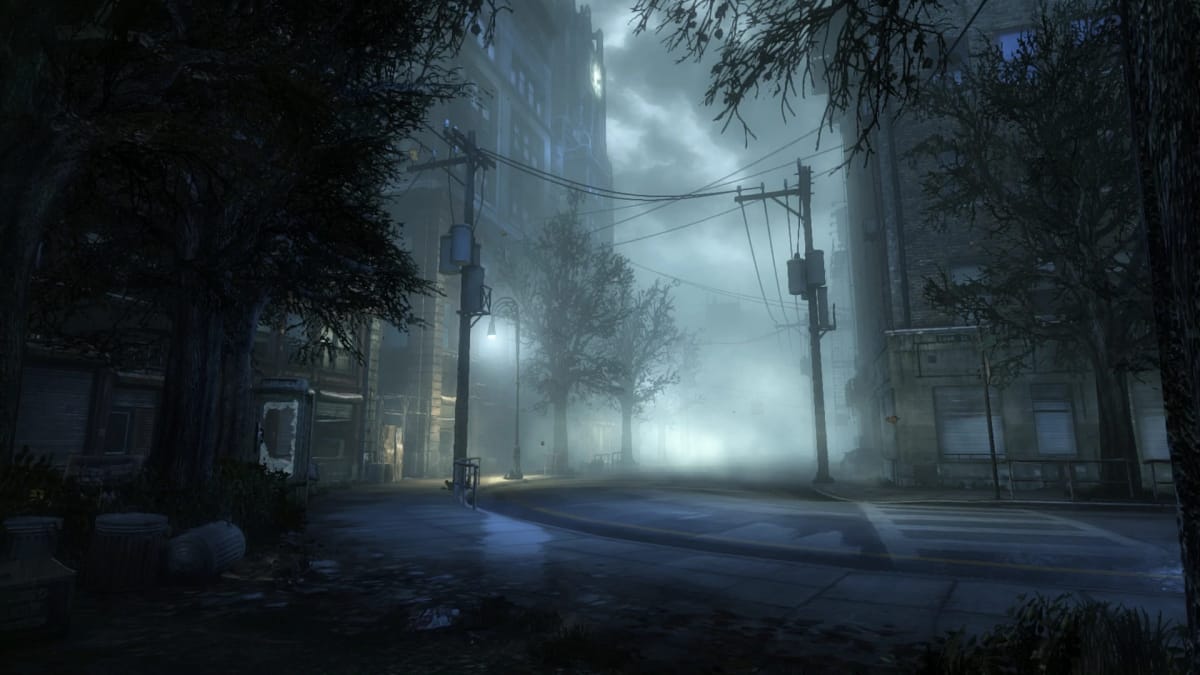
How the Silent Hill Soundtrack Portrays Raw Emotions
Silent Hill 2 opens with an ambiguous introduction that shows Maria conversing with protagonist James Sunderland when the alternative-rock piece "Theme of Laura" starts. This features an uplifting overdriven guitar tone at the start that pairs perfectly with the violin and the synth, creating a beautifully composed harmony. Then the sudden tonal changes in the bridge sections somehow give the listener a feeling of uncertainty and doubt. The overdriven guitar comes into play once again but this time is rawer and has support from another guitar with a cleaner tone in the background with hints from the violin. The instruments reach their climax and shift to another harmonious theme which expresses the feeling of hope and anticipation of what is to come in our journey. This is followed by a very short, sweet-sounding solo from the violin and then is followed by the original theme that is played at the start. The guitars, the violin, the drums, and the synth all shine in this extraordinarily produced track. It somehow gives the listener the thought of starting a new chapter in their life filled with hope and uncertainty.
When the opening ends, we are hit with a piece of somber and depressive music titled "White Noiz" that clearly projects a dark, haunting, and melancholic atmosphere. The atonality and rawness the piano brings coveys a depressive mood, embedded in self-doubt in the early winter morning filled with fog. As soon as it starts, we see James looking at himself in the mirror reminiscing his thoughts and actions, as if he is unsure whether his journey to find his wife Mary, who is considered dead, would be fruitful. It is as if he is still trying to find who he is after her supposed death and is unsure whether he wants to live. The sadness within him still persists, but the hope of finding Mary outweighs that.
Then, we are hit with the words: "In my restless dreams, I see that town. Silent Hill." The use of music perfectly encapsulates the themes and moods the game is trying to portray at every moment. Sometimes, it’s uplifting, sometimes it’s downright depressing, and other times it showcases the feeling of not feeling anything.
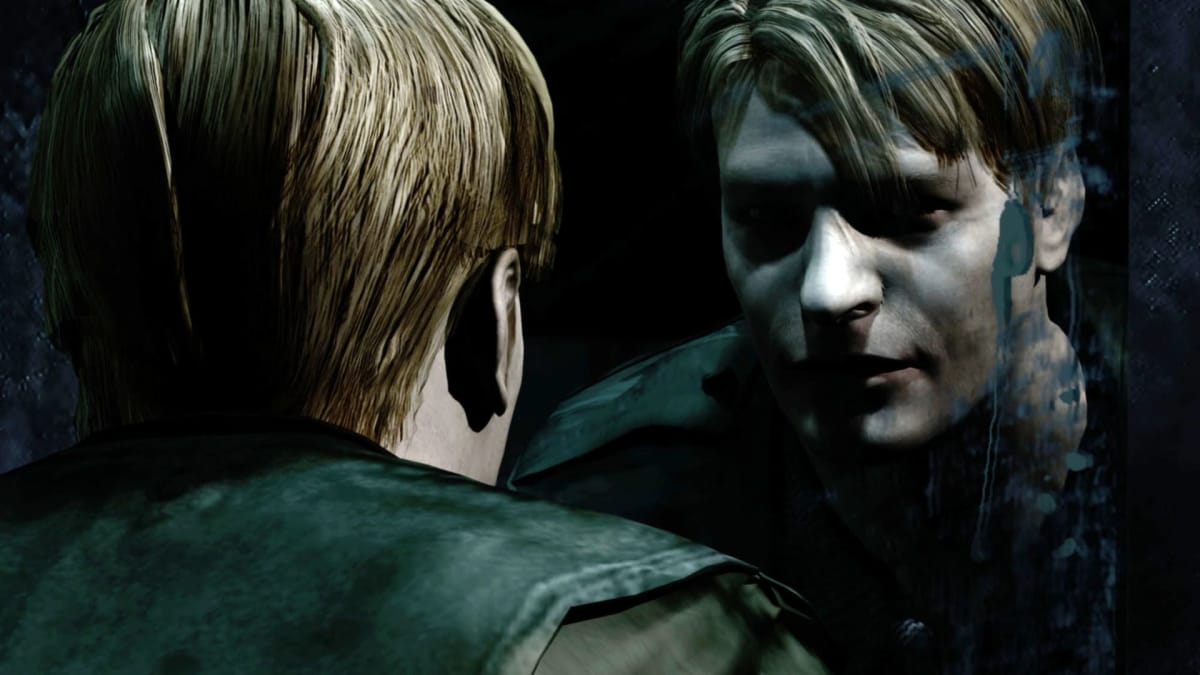
Towards the end of the game, when James finds out the truth that he killed Mary by seeing through a videotape, we get a view of the static, and soon the screen turns white. We are hit with another one of Yamaoka’s beautiful compositions, "True," where James struggles to grasp the fact that he had ended his wife’s life. The subtle notes of the piano symbolize what James' state of mind was at that moment. The depressive but harmonic piano notes with the viola taking center stage in certain moments bring up a variety of emotions including despair, loneliness, regret, and finally, melancholia.
The slow tempo of "True" and the slight presence of the synth throughout keeps the attention of the listener and gives them time to process all the emotions they might be witnessing, just like James. It provides an uneasy but calming presence to the listener. While it isn’t as complex as Yamaoka’s other compositions in the games, the overall structure definitely gives off a vibe that makes the listener deal with their complex emotions in a room, all alone.
It’s not just the instruments that direct the mood, but also the vocals. Most notably, in Silent Hill 3 where vocals were first featured, Mary Elizabeth McGlynn uses her extraordinary voice to capture the rawness and even the angsty feelings of Heather, the protagonist. This is especially noticed in the song "I Want Love," which shows both McGlynn and Yamaoka performing at their full peak. The song is more oriented towards the alt-rock genre prevalent in the early 2000s and has a definite punk vibe to it.
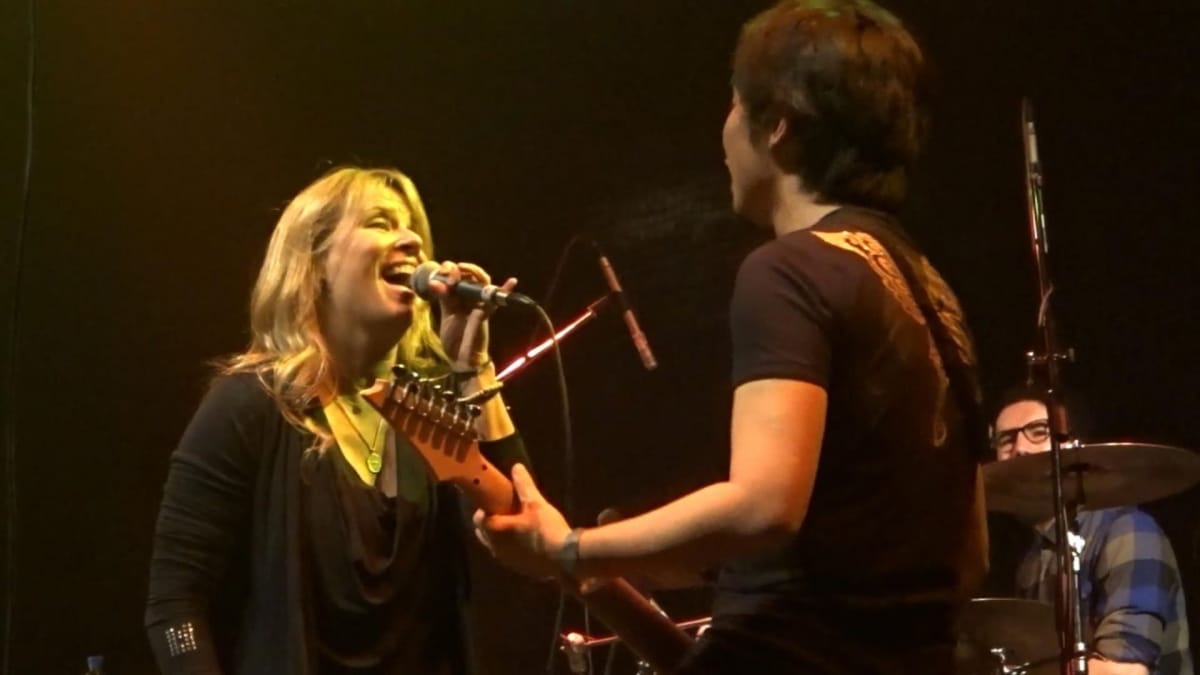
McGlynn's soulful voice showcases a variety of emotions pertaining to love, loneliness, and neediness. The electric guitar solo featured in the song is distinctly one of Yamaoka’s magnum opuses as he uses the wah-pedal to marvelously showcase his musical prowess. The use of the wah-pedal might seem like a generic staple, but it captures the teenage angst, moodiness and the internal screaming Heather is experiencing in her mind. All in all, it extraordinarily captures Heather’s teenage emotions and resentment towards everything. It’s safe to say without McGlynn’s vocals to Yamaoka’s already existing musical mind, the songs of Silent Hill 3 wouldn’t have been this expressive.
"Waiting for You’" is another majestic track from Silent Hill 4: The Room where McGlynn and Yamaoka both shine. McGlynn’s vocal range just mixes perfectly with the hard rock-oriented sound present throughout. The emotional lyrics represent someone wanting their loved one back which McGlynn’s raspy vocals perfectly capture. They make the track sound like a desperate cry for help. There’s no denying that the guitarwork presented by Yamaoka is nothing short of legendary. But, the bass and backing vocals are what truly make this track legendary and make it properly sound like someone is in need of saving. A noticeable feature of this track is that it is produced as if the song is taking place in a concert with the audience cheering in the background.
Another track worth mentioning is "Witchcraft" from Silent Hill: Homecoming. This starts to play when Alex Shepherd, the protagonist, returns back home. As Alex walks through his home, he reminisces about his childhood through family photos and various other objects. Even though he came home, it doesn’t feel like the same home to him anymore, more so since he was neglected in favor of his brother. It was as if he came back to a shadow of the home he left.
The track could be described as hauntingly beautiful with its atmospheric intro that perfectly sets the mood for the listener. The notes of the grand piano project a tired but joyful feeling with its vibrant but mellow sound. This would indicate Alex returning to his home and reminiscing about his childhood with his parents and brother. The synth does its magic in the background and tries to bring in a sense of doubt and uncertainty, but the piano shuts down that sense and provides the listener with a sense of relief at last. But, that sound of uncertainty and doubt still lingers at the back. This synth sound plays into the moments where Alex talks to himself about why he is not in the family photos and how he was neglected in favor of his brother. The doubt and uncertainty of why he was neglected are still present in his mind.
A Melancholic Musical Legacy
It’s no question that Silent Hill is vastly different compared to other horror games of its times and even now, and the soundtrack is a key factor in differentiating it from others. The ambiance in the songs portrays a wide variety of themes including death, despair, gloominess, isolation, loneliness, and redemption. The tones present and the instruments bring about an atmosphere that makes the listener feel a wide range of emotions and feelings. The songs somehow manage to hit those notes that evoke these complicated emotions and feelings. Sometimes it’s teenage angst, sometimes it's personal grief, sometimes just pure nostalgia. These songs bring out the relatability factor that makes them so memorable and, in turn, makes the games much more memorable.
These songs convey the emotional and psychological depth existing in various moments in the games which other games’ soundtracks like Resident Evil or Fatal Frame couldn’t capture properly. But, that doesn’t mean they are bad games, not at all. It means Silent Hill is one of a kind. This is what made the series so successful and iconic. It’s not just the gameplay, the characters, the story, or the visuals. It’s the emotional psychology that the games bring which is perfectly presented in the masterful soundtrack. Maybe one day in our restless dreams, we will get to return to Silent Hill and experience it all over again.
Have a tip, or want to point out something we missed? Leave a Comment or e-mail us at tips@techraptor.net
